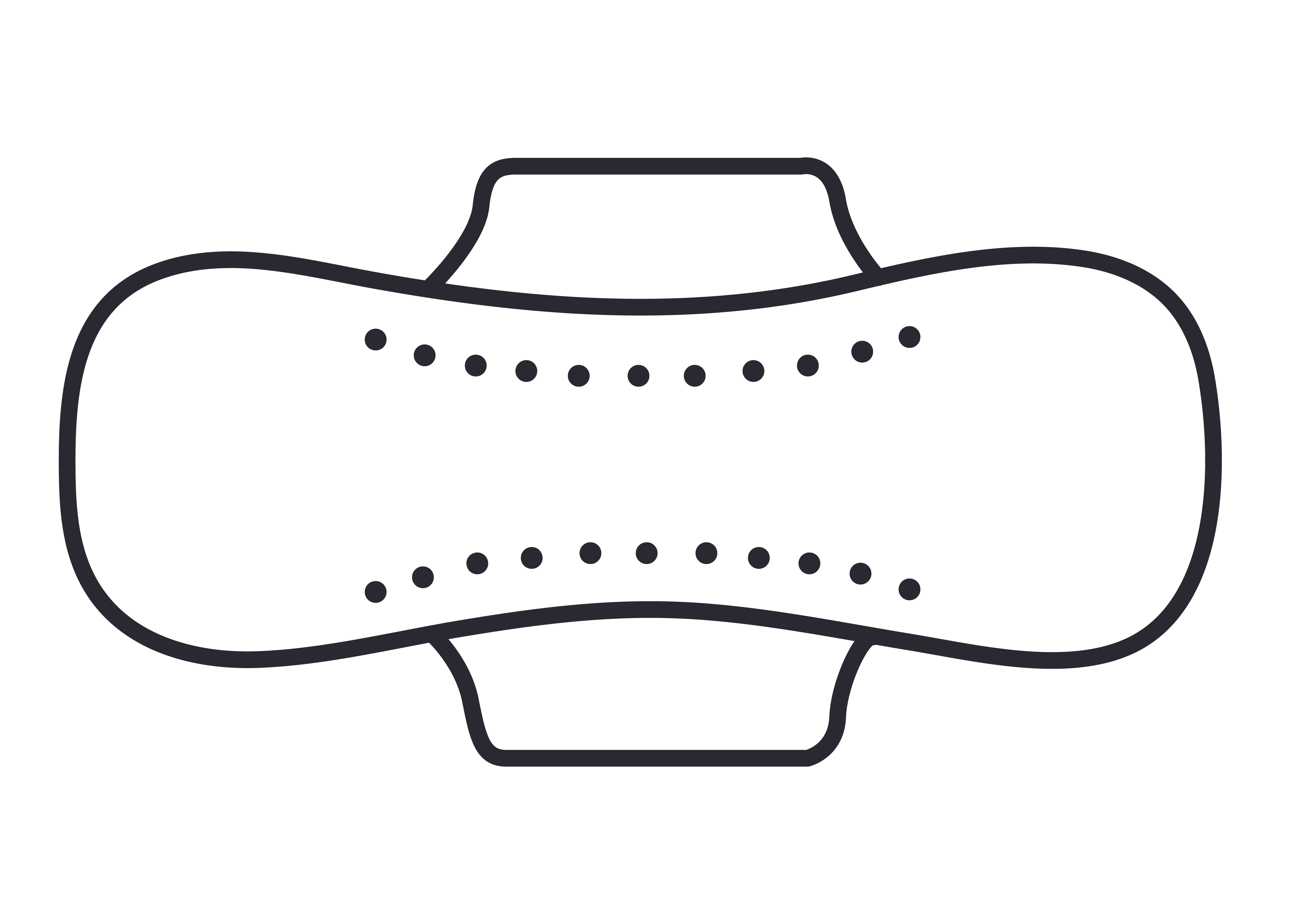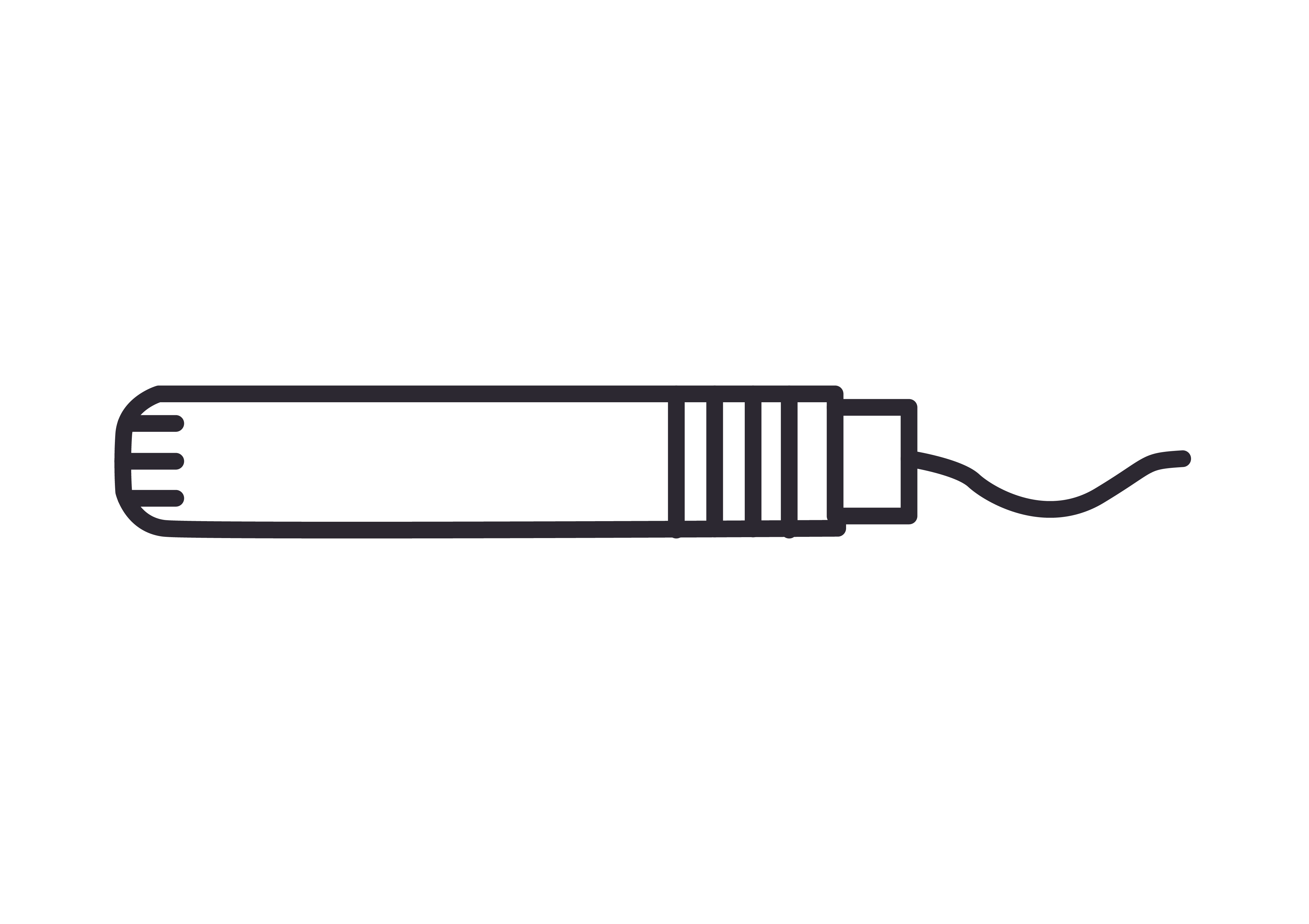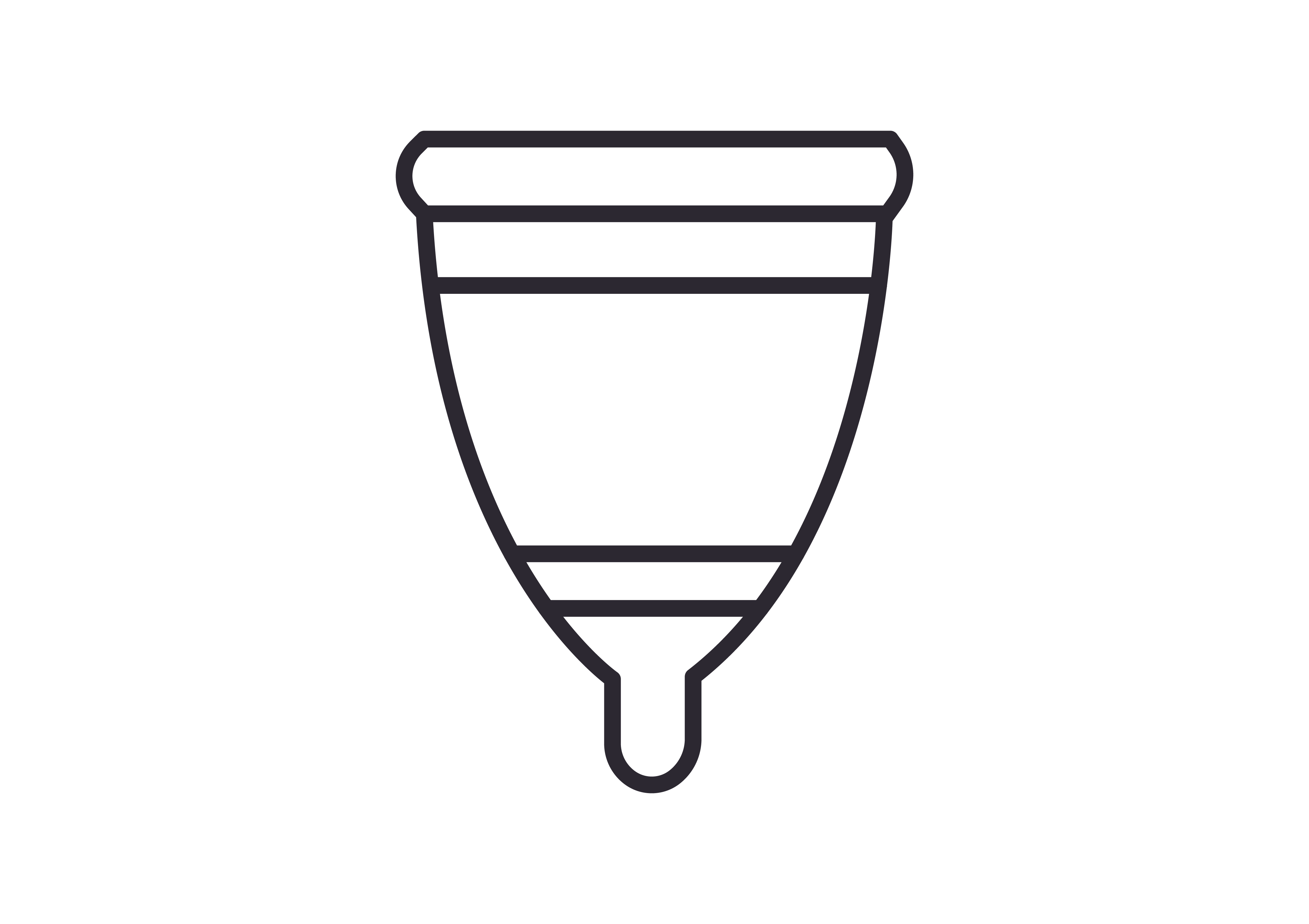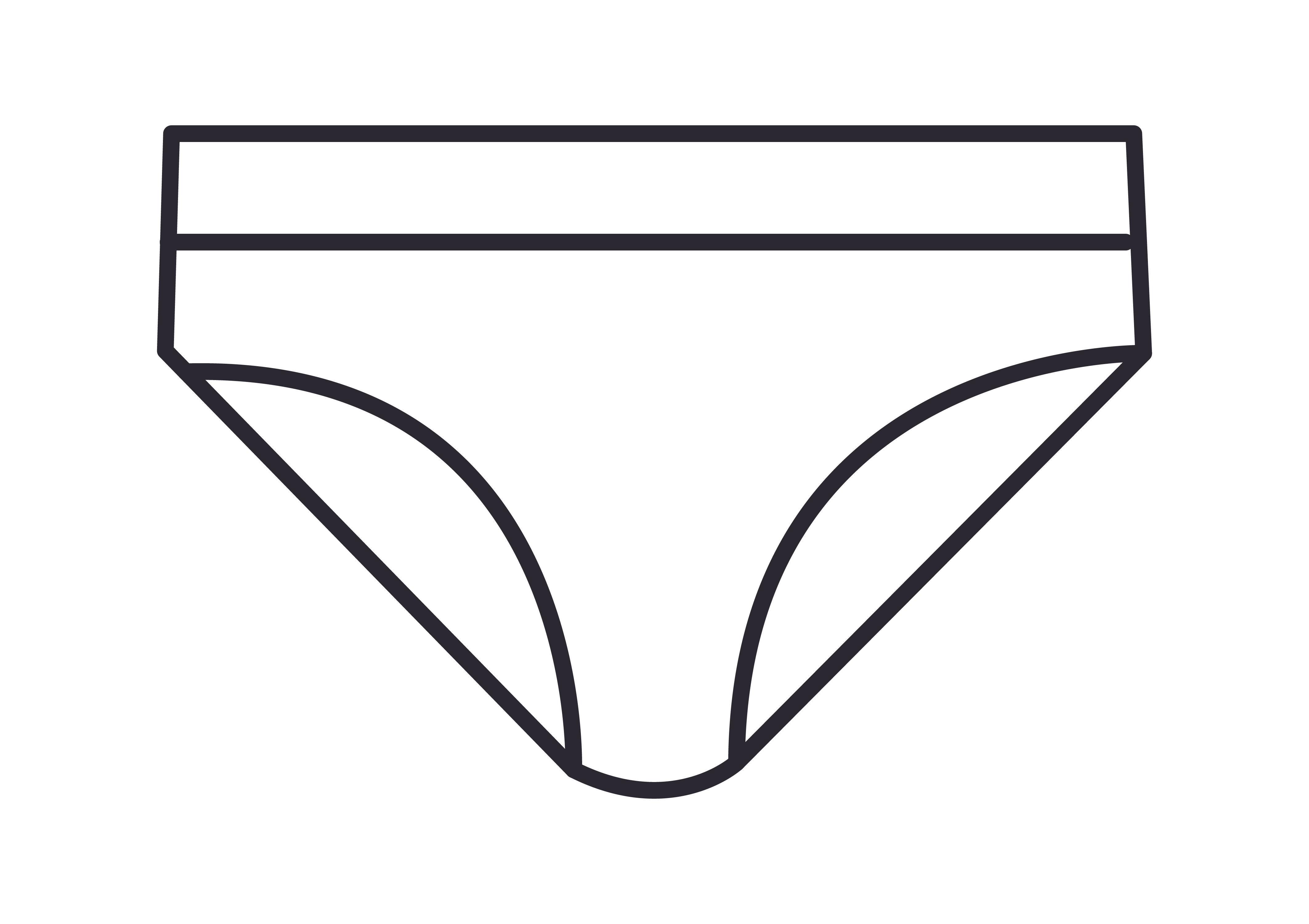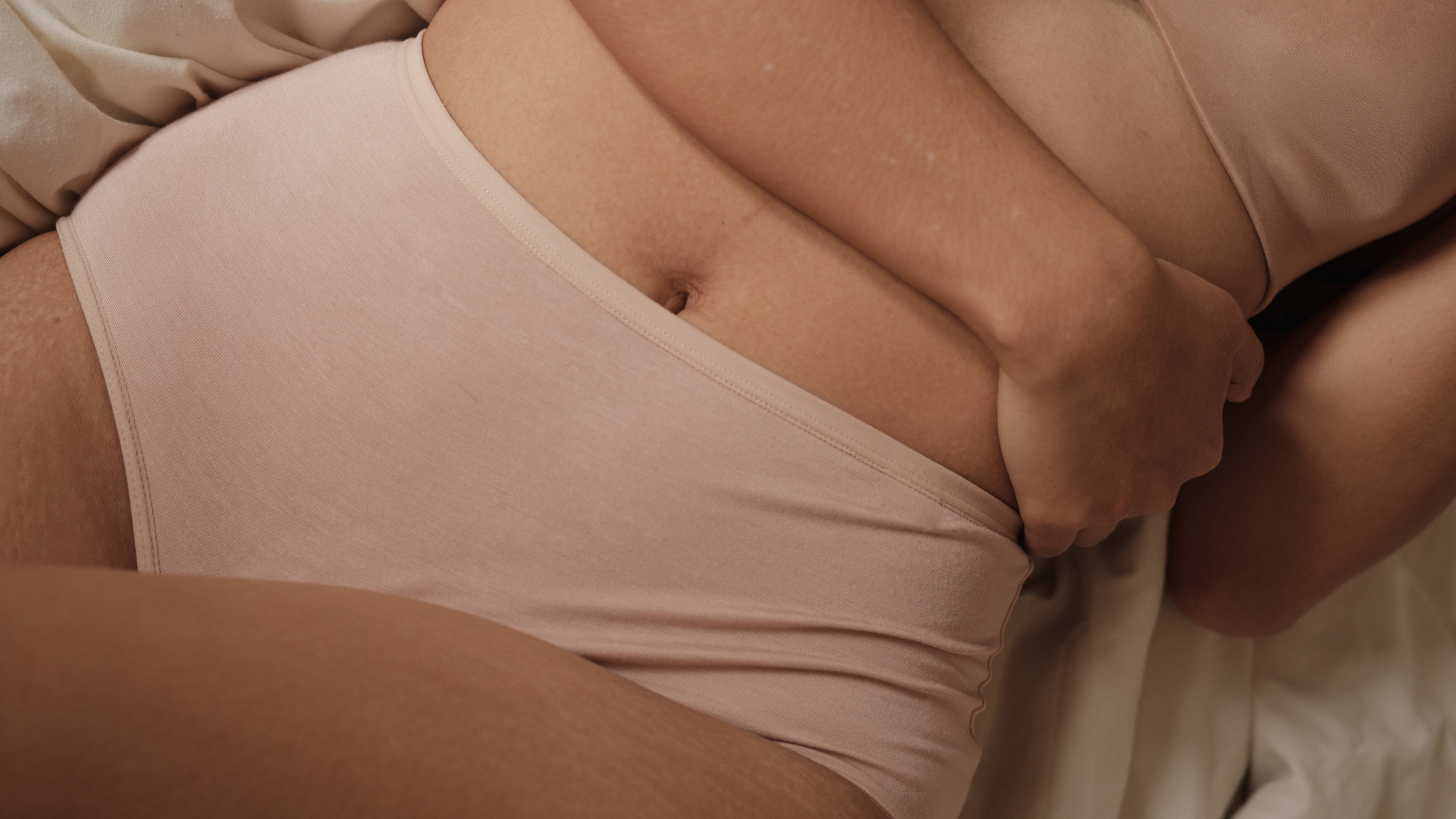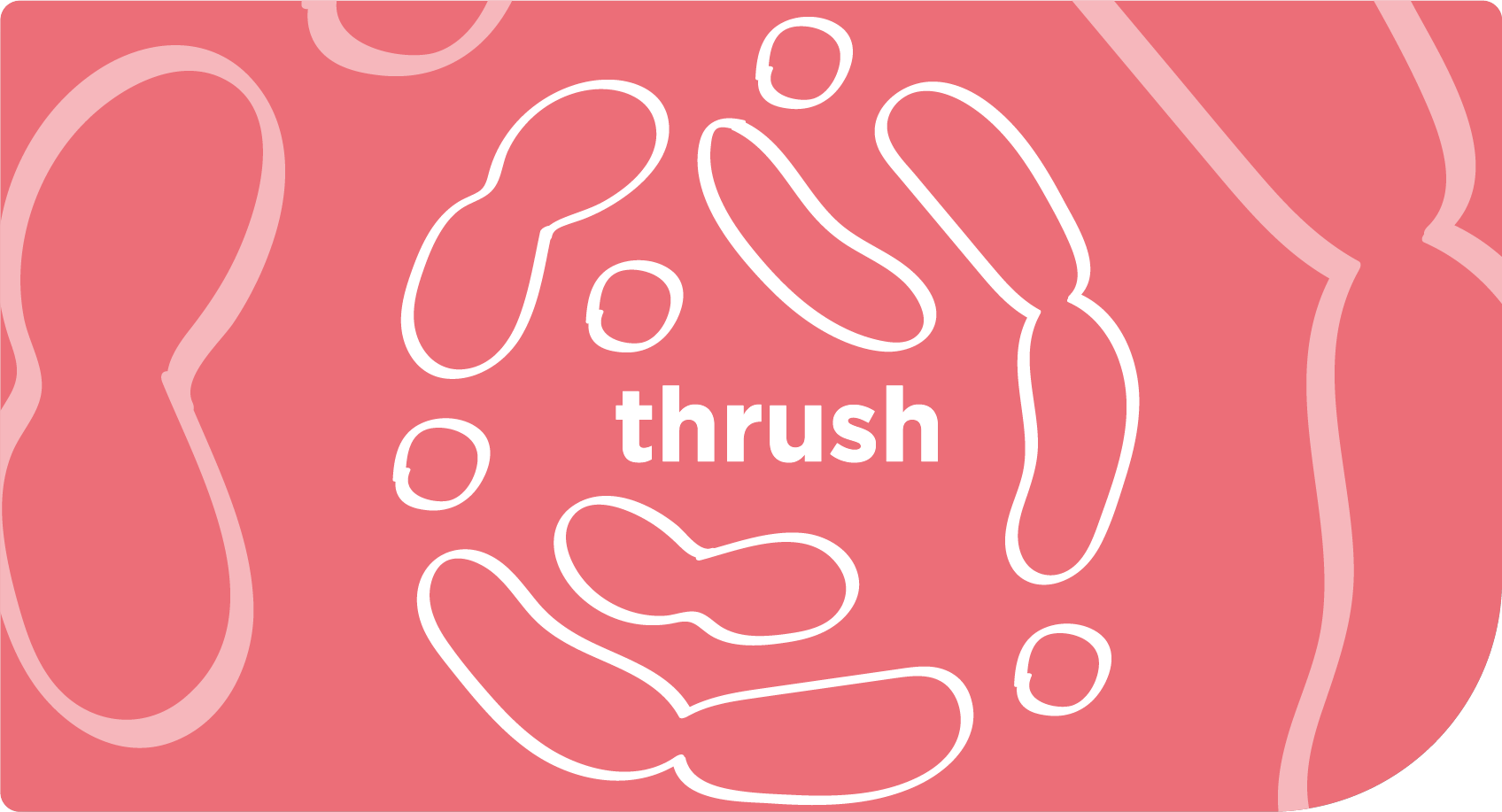Emma Barnett smashes stigma in her new book, 'Period'
| Riding the cotton unicorn. Off visiting the red planet. Aunt Flo’s in town. These are just some of the period euphemisms listed in BBC reporter Emma Barnett’s book, Period, in which she explores the shame, stigma and misinformation surrounding the normal bodily process that affects half of the global population: periods. |
The mere mention of the word ‘period’ has inspired everything from schoolboy jokes in parliament to giggles from a panel of investors on Dragon’s Den – and it wasn’t until 2016 that Barnett herself appeared on Sky News to become the first woman in the UK to admit she’s menstruating live on television. It seems we’re long overdue a period-positive revolution, and Barnett’s book gets the conversation started.
Classroom conversations
There’s a reason many of us received our period education from Judy Blume’s book, Are You There God? It’s Me, Margaret, and Barnett argues it has a lot to do with sub-par sex and period education in schools. While the book is one of our favourites here at &SISTERS HQ, schools today shed very little light on the menstrual cycle, and many young people are made to feel that their periods smell, are dirty, and they should do what they can to stay ‘hygienic’ and hide their period from others. But Barnett believes periods aren’t dirty, and educators must adopt this message for us to start chipping away at the shame and stigma surrounding periods. Barnett explains, “we need to decently educate young people in school without the shame about the realities of their bodies, including periods.” Throughout the book, she argues that this is a key reason people don’t fully understand periods – they were simply never taught to understand them.
Barnett is a supporter of better sex education in schools and beyond, arguing that this could help not only erase stigma but reduce period poverty – sex and relationships education (SRE) is due to become statutory in schools in September 2020, but parents will be given the option to remove their children from the classroom. The updated sex and relationships education system will go into further depth about bodily changes during puberty, address modern-day issues such as sexting and aim to get kids talking about periods. While it seems we’re still a long way off from seeing young people proudly carrying a tampon to the school toilets, it’s most certainly a step in the right direction.
MPs and menstruation
Poor sex and period education in schools isn’t the sole reason for the existence of period stigma – the tone has been set from the top. Tampons have long been classed as a ‘luxury item’ rather than a necessity, and they’ve been taxed accordingly.
Even in the United States, 40 out of the 50 states tax period products as luxury items, and in the state of Texas, cowboy boots are seen as ‘essential’ whereas tampons are not. People from all socioeconomic backgrounds are understandably upset by this, and Laura Coryton’s ‘Stop Taxing Periods’ campaign has finally proven successful in the UK. The tampon tax has yet to be removed with Brexit further complicating legislation, but this is a victory for people who menstruate.
Period poverty
Because period products are taxed so heavily, many people experience period poverty in the UK and beyond. As period products are a necessity, Barnett asks us to ask ourselves: toilet roll and soap are readily available in public restrooms, so should some form of period product be available too?
Because period products can be expensive, as many of 2 in 5 people either skip school or create ‘makeshift’ period products in the UK, simply because they can’t afford to buy them. And period poverty isn’t just an issue for young people – as Barnett puts it, “Behind every child trying to find a pad is usually a parent who definitely doesn’t have any period gear themselves.” Period poverty can lead to fear of bullying, too – and some kids are missing out on time in the classroom simply because they can’t afford period products. But, the world is slowly beginning to open its eyes to the issue, and our friends in Scotland are doing what they can to combat this by becoming the first country in the world to provide free feminine products to its 395,000 students who menstruate.
Periods in the workplace
Anxiety around periods doesn’t end once you leave school, and Barnett explains that many people report feeling embarrassed about their periods in the office. Some have gone as far as to ‘invent’ a reason for working from home due to period pain, or even justifying time spent in the bathroom by telling coworkers they’re dealing with a stomach bug! As Barnett puts it, apparently, admitting you have diarrhoea is less shameful than admitting you have your period, and something needs to change. Periods are are healthy, normal part of life, and they’re the reason we’re all here in the first place.
When Emma Barnett appeared on Sky News in 2016, admitting she was menstruating on live TV, it was to discuss ‘menstrual leave’, a controversial concept adopted by many Asian countries. Essentially, menstrual leave gives people who menstruate time off from work, or flexible working options, while menstruating. While it may seem like a great idea at first (and many period-positive campaigners support this), this often stems from stigma too. The idea can be seen as patronising to menstruators, implying they’re less capable of work during their periods – and Barnett doesn’t think we should adopt the policy here in the UK. Instead, she believes people who suffer period symptoms should simply be given sick leave (if, and only if, the person wishes). After all, some people perform life-saving surgery or win Olympic medals while menstruating. (But if you want to stay at home with a hot water bottle during your period, Barnett believes that’s OK, too.)
Shame and stigma
With all of this in mind, (and for much more, be sure to read the book), it’s no surprise that periods come wrapped up in so much shame and stigma. There’s currently no period emoji, there was no period tracker on the original version of iPhone’s health app, and even FitBit – a health-focussed company – believed periods couldn’t last longer than 10 days. People simply don’t know to add period features to phones, apps and emoji keyboards because very few people talk about periods at all.
Barnett closes the book with a letter to her period, vividly describing her love/hate relationship with the period that has plagued her with endometriosis, brought her a beautiful son and given her the fire in her belly to speak up and help people with periods be heard. Barnett wishes for all of us to do what we can to normalise periods – whether that’s bravely free-bleeding like a jogger did in the London Marathon, or simply educating our friends and family on the topic, any progress is good progress, and Period takes us one step closer to recognising periods as normal.

